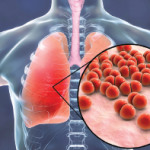Many rheumatology patients have complex conditions and require the added expertise of colleagues in other fields, such as pulmonology, neurology or dermatology. This is even more true when patients with complex care issues are referred to academic medical centers. At such centers, patients often travel hours for an appointment and see more than one provider….





